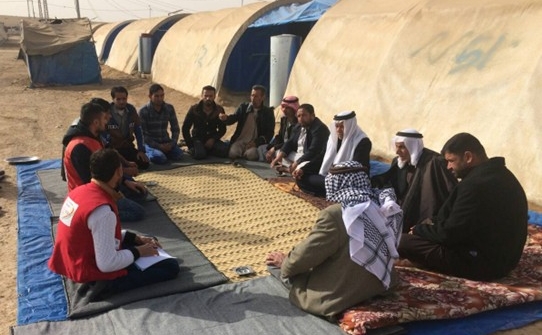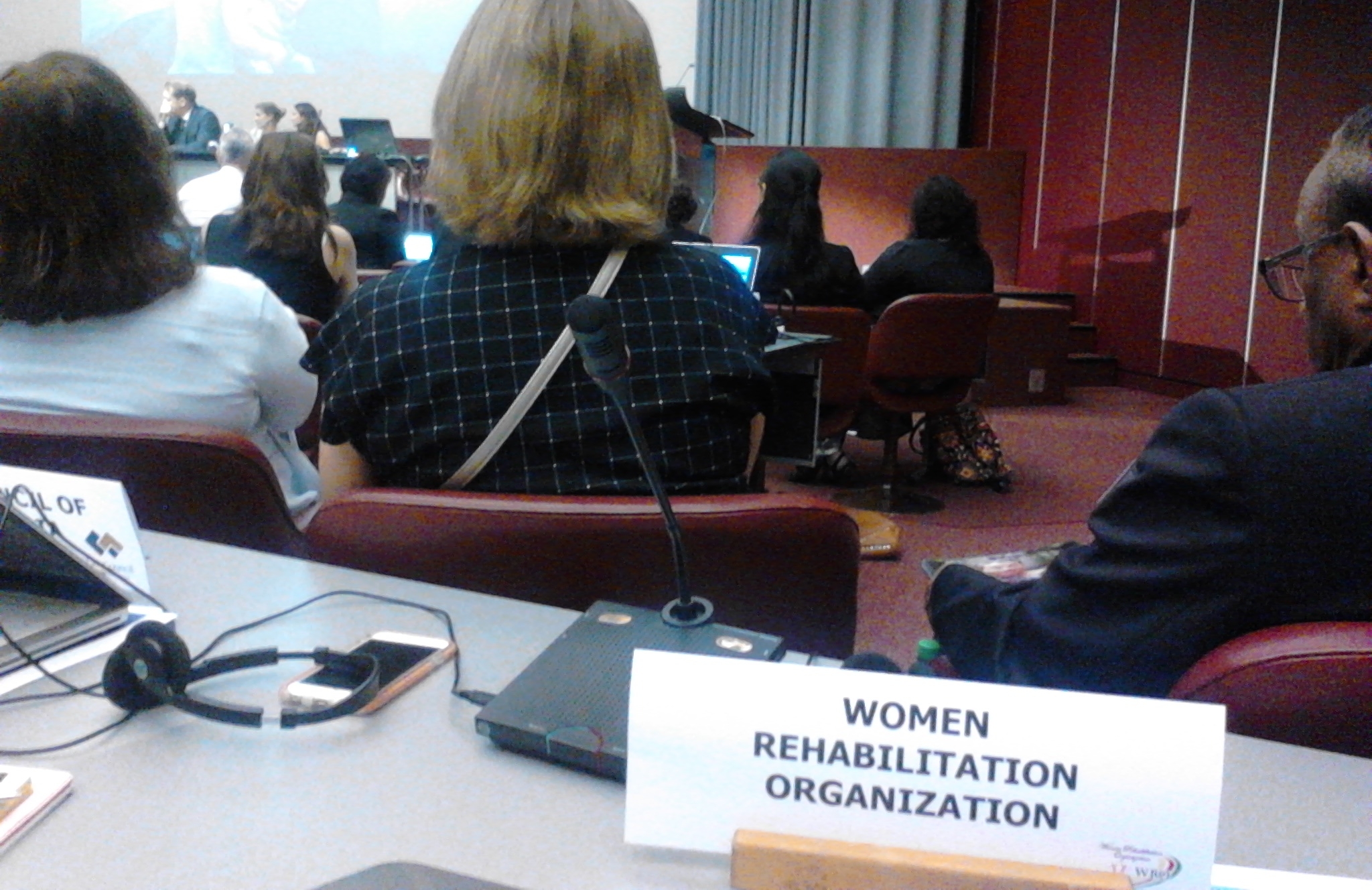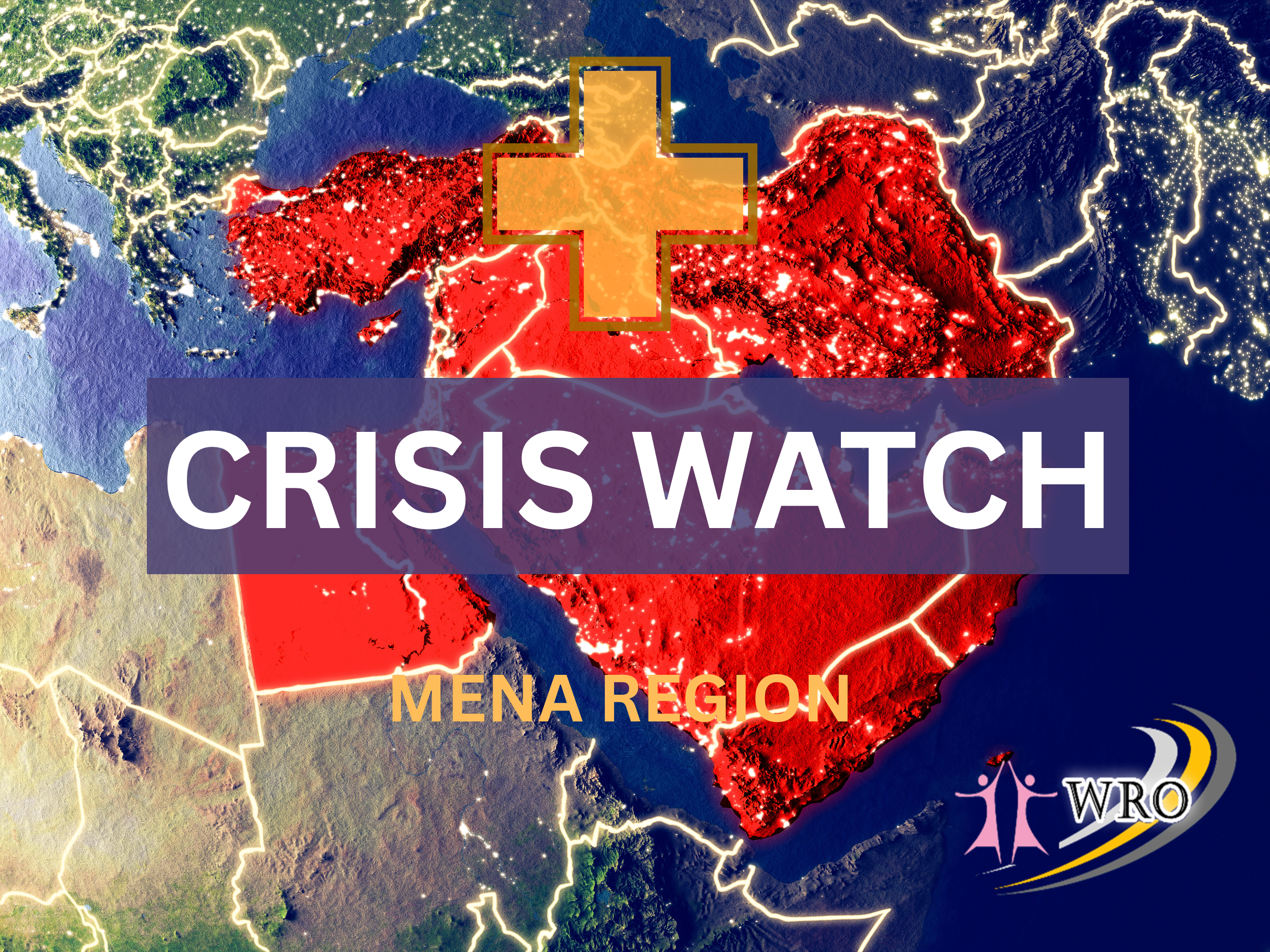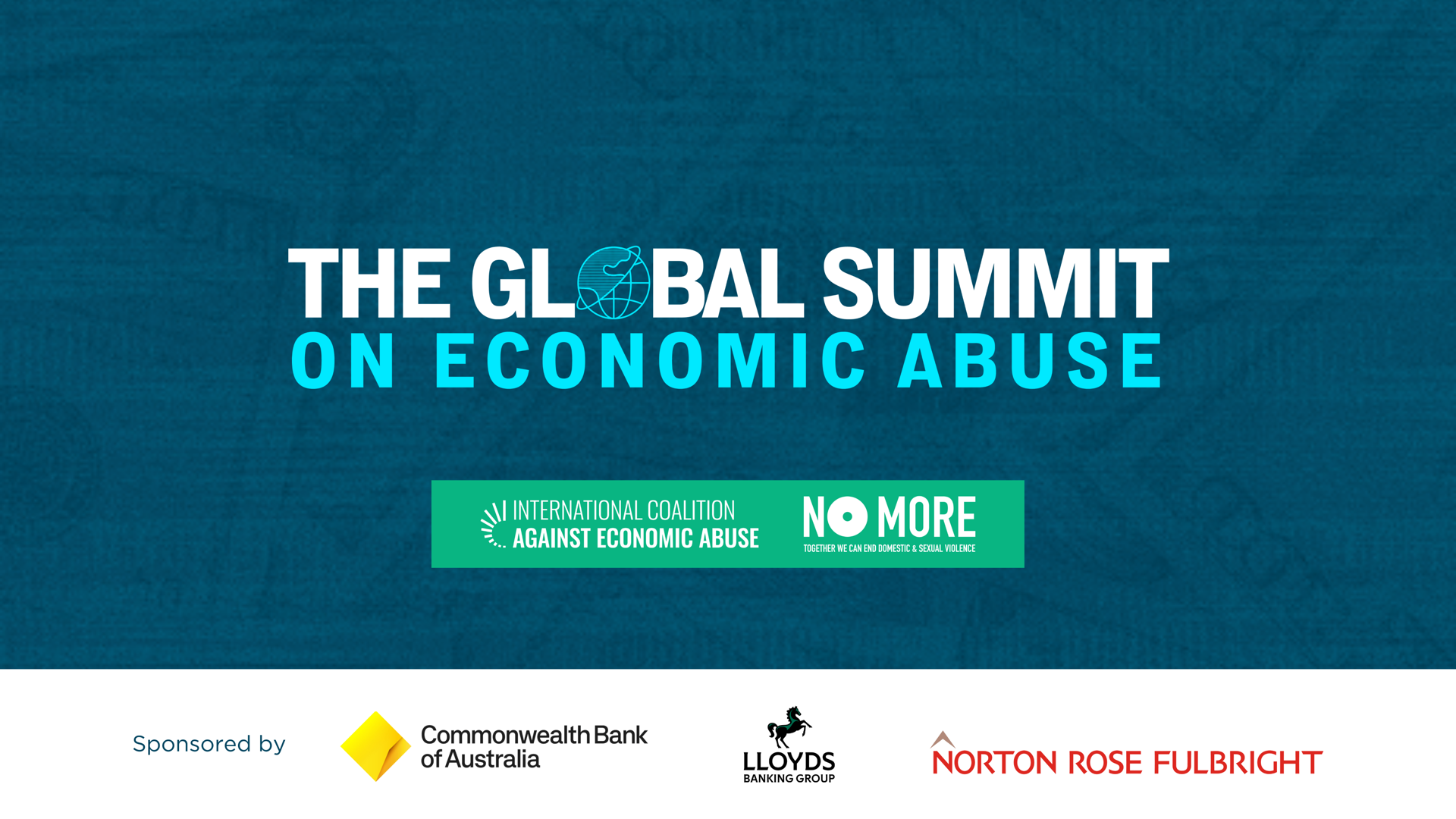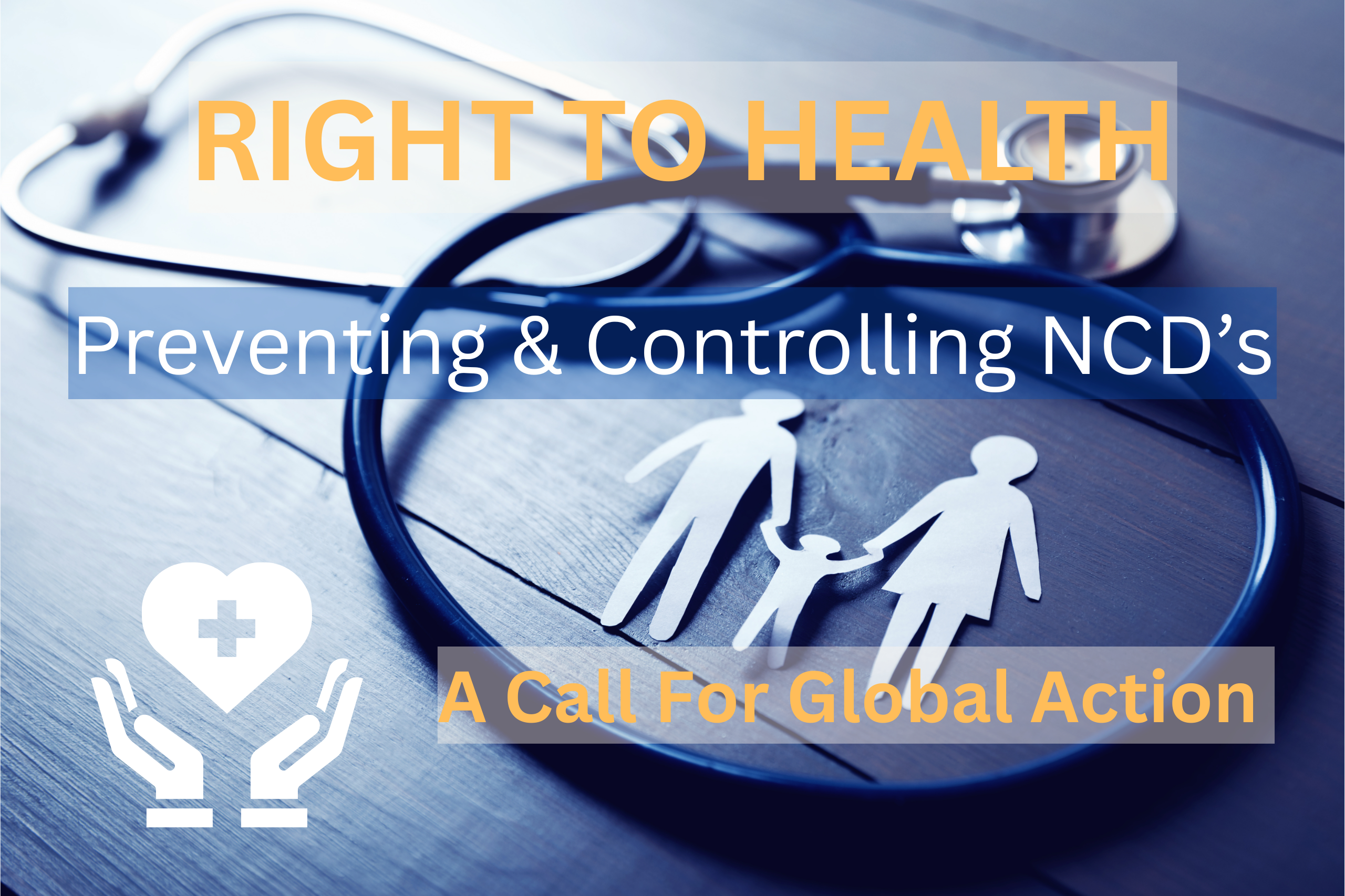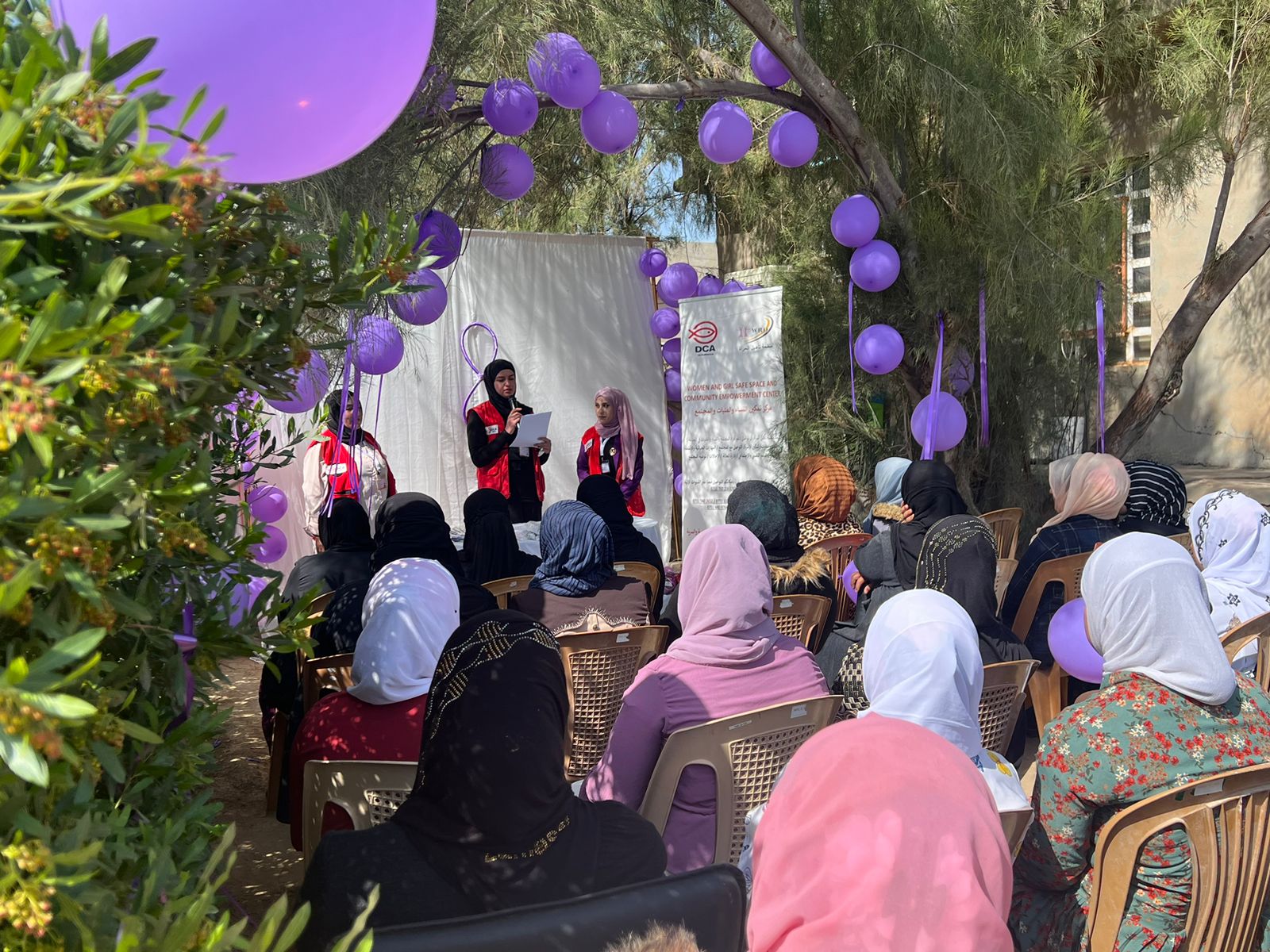As we monitor, prepare, and respond in real time to the ongoing global, regional, and local conflict indicators, the humanitarian situation across the Middle East and North Africa (MENA) continues to pose urgent challenges, particularly for the most vulnerable groups—children, women, displaced populations, persons with disabilities, and marginalized communities.
Despite these hardships, the region has also witnessed remarkable examples of resilience and solidarity, where public institutions and civil society organizations have worked hand-in-hand to protect lives, deliver essential services, and strengthen community cohesion. Across the region, we have seen local NGOs partnering with municipal authorities to expand safe access to clean water and sanitation in underserved communities; grassroots women’s organizations collaborating with health and social ministries to provide critical protection, psychosocial and maternal health services in conflict-affected areas; youth-led initiatives working alongside local councils to restore education access and create safe learning spaces; and community-based groups cooperating with local agencies to improve health and safety outreach and awareness campaigns. In addition, networks of civil society actors have joined forces with government institutions to facilitate livelihoods programs, vocational training, and social protection initiatives that directly support displaced families and vulnerable host communities.
Through leveraging established public-civil partnerships, we can continue to respond to the needs of our communities, build greater stability, and drive socioeconomic growth for all to thrive with dignity and care.
These partnerships have demonstrated that when national and local governments collaborate meaningfully with civil society, tangible progress is achieved: communities are better supported, local capacities are strengthened, and humanitarian responses are more effective and inclusive. Such achievements underscore the importance of sustaining and expanding these collaborative approaches.
We call for the continuation and reinforcement of this spirit of shared responsibility, ensuring that humanitarian action remains rooted in local leadership and guided by the principles of humanity, impartiality, and dignity. By building on what has already been achieved together, we can not only address urgent needs but also lay the foundation for stronger, more resilient communities across the region.
